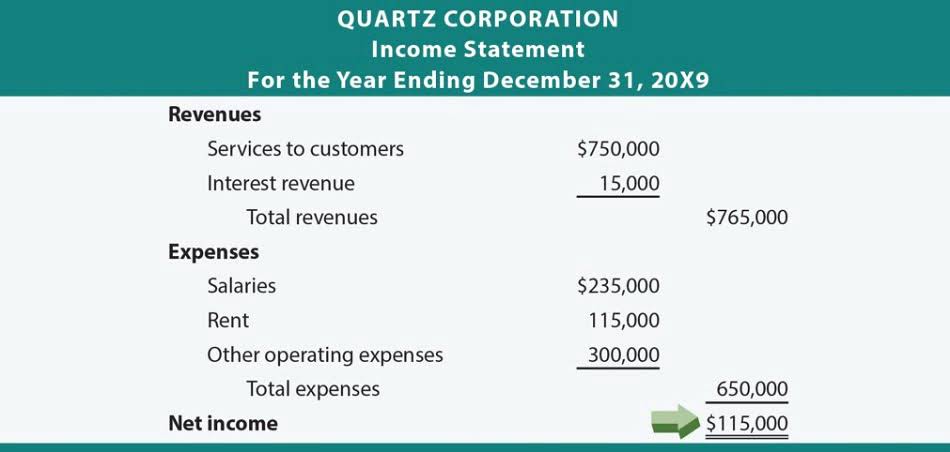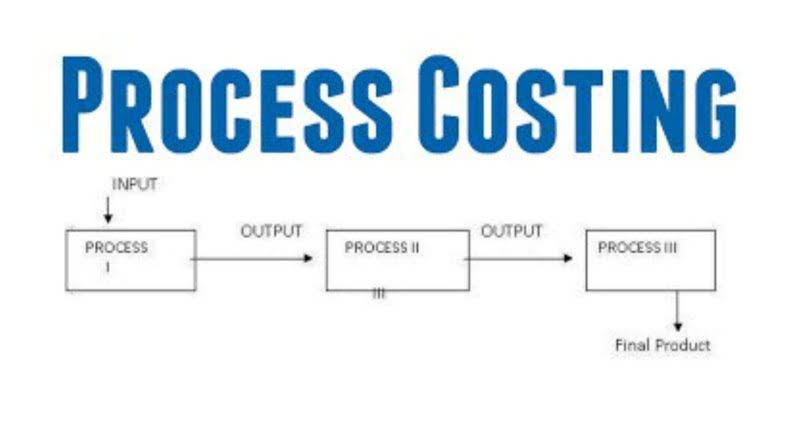
The 2025 tax rates and thresholds for both the Oregon State Tax Tables and Federal Tax Tables are comprehensively integrated into the Oregon Tax Calculator for 2025. This tool is freely available and is designed to help you accurately estimate your 2026 tax return. The Earned Income Tax Credit (EITC) is a significant tax credit in the United States, designed primarily to benefit working individuals and families with low to moderate income. As a refundable credit, the EITC not only reduces the amount of tax owed but can also result in a refund if the credit exceeds the taxpayer’s total tax liability. This makes the EITC a powerful tool for reducing poverty, incentivizing work, and providing financial support to those who need it most. The credit amount varies based on the taxpayer’s income, marital status, and number of qualifying children, with the intention of providing greater assistance to families with children.
Tangible Personal Property De Minimis Exemptions by State, 2025
For most taxpayers, state income taxes for 2024 are due on April 15, 2025. Residents of Portland should also factor Online Accounting in the city’s $35 arts tax, which applies to many adult residents. The first thing to know about the state of Oregon’s tax system is that it includes no sales tax. This means that neither state nor local authorities collect taxes on the sale of products or services. Instead, the state generates revenue with a statewide income tax of 4.75% to 9.9%, ranking among the highest in the nation. Local governments levy property taxes, and these come in right around U.S. averages.
- Keep in mind that this estimator assumes all income is from wages, assumes the standard deduction, and does not account for tax credits.
- Oregon has a graduated corporate income tax, with rates ranging from 6.6 percent to 7.6 percent.
- Single filers with an income between $70,000 and $100,000 can receive up to a $180 tax credit when contributing at least $720.
- DonateAs a nonprofit, we depend on the generosity of individuals like you.
- By monitoring your post-tax deductions, you can ensure that you’re making the most of your paycheck and maximizing your financial well-being.
- The Earned Income Tax Credit (EITC) is a significant tax credit in the United States, designed primarily to benefit working individuals and families with low to moderate income.
Oregon: Federal FICA Rates in 2019

There are a few other deductions that can impact the size of your paychecks. If you pay for any benefits from your employer, such as health or oregon income tax rate life insurance, any premiums you pay will come out of your paycheck. Contributions you make to a retirement plan, like a 401(k), or to a medical expense account, like a health savings account (HSA), will also come out of your paycheck. That’s money that your employer removes from your pay before taxes are applied. While putting money in these accounts shrinks your paycheck, it also lowers your taxable income (and, in the case of retirement accounts, simultaneously helps secure your financial future). The Oregon income tax is a state-level tax imposed on the income of individuals, businesses, or other legal entities.

iCalculator™ US

Tax exclusions are an amount of money or income that is not subject to taxation. Oregon has a graduated state individual income tax ranging from 4.75% to 9.9%, according to the Tax Foundation. If you’re an Oregon resident and you purchase a new vehicle from a seller outside of the state, you may be exempt from paying the other state’s sales tax. Complete an Oregon Business Registry Resale Certificate and give it to the out-of-state seller at the time of purchase.
- The federal standard deduction for a Head of Household Filer in 2025 is $ 22,500.00.
- That might involve making investments that offer tax benefits, choosing the right type of retirement account, taking advantage of deductions and credits, or investing in a tax-advantaged account.
- Contributions you make to a retirement plan, like a 401(k), or to a medical expense account, like a health savings account (HSA), will also come out of your paycheck.
- We’ve built a platform to give everyone access to the tax and wealth-building tools typically reserved for wealthy individuals with a team of accountants and lawyers.
- There is state-level exemptions for all type of filers and dependents.
- Each marginal rate only applies to earnings within the applicable marginal tax bracket.
- Oregon has a tax on wine at 67 cents per gallon and beer is taxed at just eight cents per gallon.
- The tax return form requires taxpayers to report their taxable income and any credits or deductions they are eligible to claim.
- Yes.If you change your permanent residence to Oregon, your pension income, along with allother income regardless of source, is taxable in Oregon.
- For example, do you own a business where employees get tips from customers?
- Likewise, you can take an additional dependent exemption for each qualifying dependent (like a child or family member), who you financially support.
- The credit amount varies based on the taxpayer’s income, marital status, and number of qualifying children, with the intention of providing greater assistance to families with children.
Oregon residents and nonresidents who earn income in Oregon pay personal income tax. During the 2019 Legislative https://www.bookstime.com/articles/back-office-accounting Session, the Legislature passed the Student Success Act (House Bill 3427), which created a Corporate Activity Tax (CAT) dedicated to school funding. Effective beginning tax year 2020, the Legislature reduced Oregon’s first three income tax brackets from 5%, 7%, and 9%, to 4.75%, 6.75%, and 8.75% respectively.

State income tax brackets

S-Corporations and other flow-through entities aren’t subject to the double taxation of revenue imposed on a C-Corp, because they aren’t required to pay corporate taxes on their revenue. However, the owners or members of the corporation must report their share of the corporation’s income on their personal tax returns and pay Oregon and federal income tax. Oregon collects a state corporate income tax at a maximum marginal tax rate of 7.600%, spread across two tax brackets. There are a total of twenty states with higher marginal corporate income tax rates then Oregon. Oregon was one of the first Western states to adopt a state income tax, enacting its current tax in 1930. It consists of four income tax brackets, with rates increasing from 4.75% to a top rate of 9.9%.